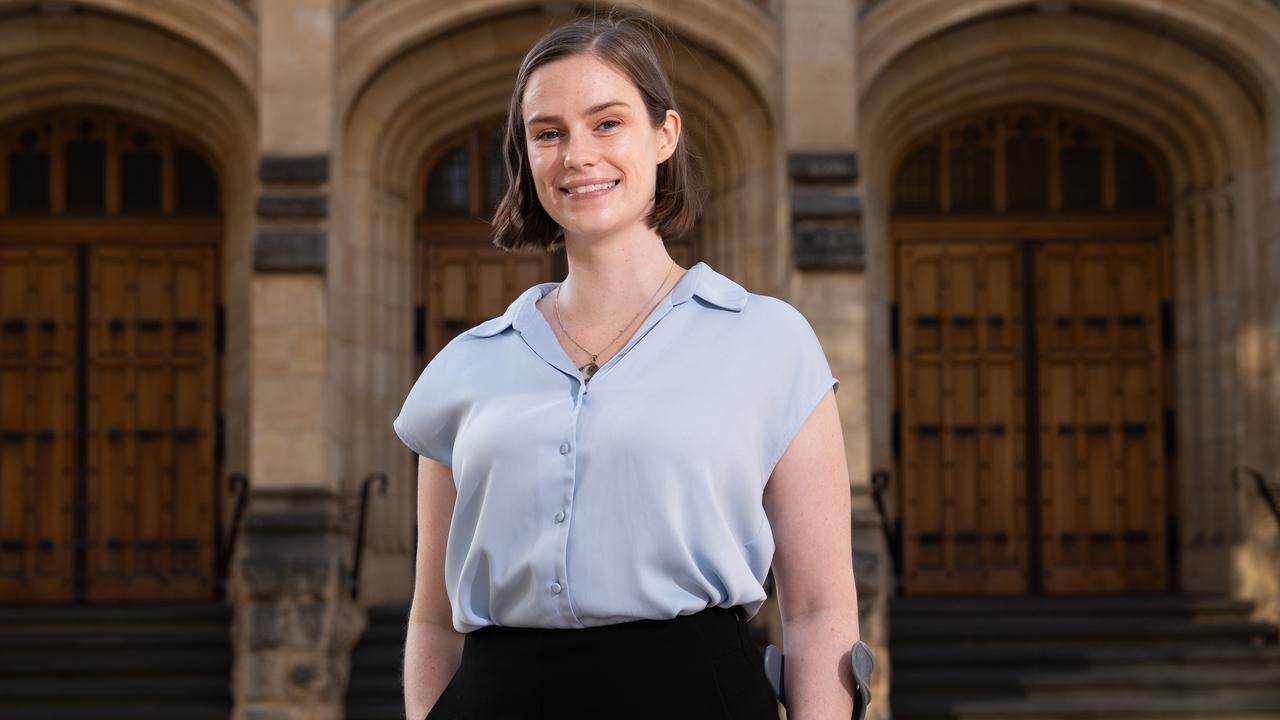‘Feeling left behind’: Young Australian men reverting to traditional view of gender roles
A new study has reignited concerns about the belief systems of young Australian men who feel “threatened” by society’s progression.
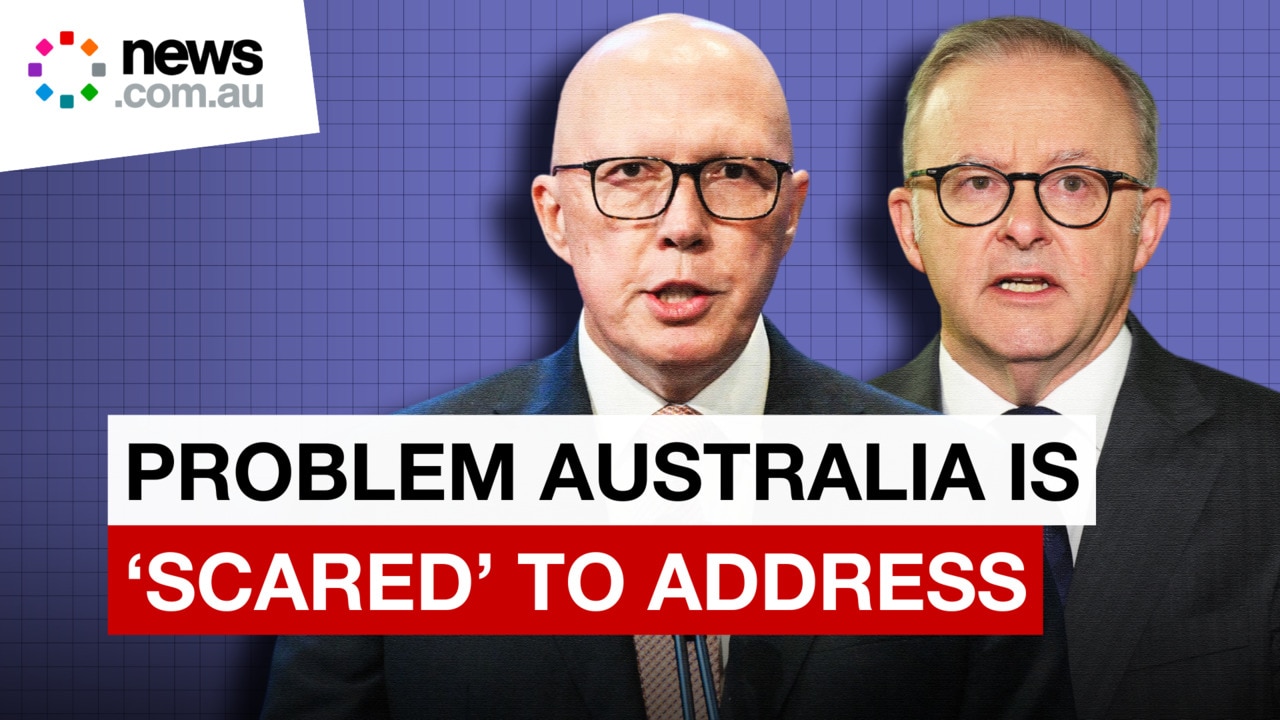
Lifestyle
Don't miss out on the headlines from Lifestyle. Followed categories will be added to My News.
Young men are going backward in their view of gender norms and increasingly believing they should be the breadwinners while a woman’s place is in the home, a new study has found.
Though Australians of both genders have generally become more progressive in their opinion of gender roles over the past 25 years, analysis conducted by policy think tank e61 Institute found that, since 2018, men aged between 15-24 have veered back in the conservative direction.
The research used Household, Income and Labour Dynamics in Australia (HILDA) survey data since 2001 to gauge the level of support for traditional gender norms, based on how greatly they agreed to a series of statements.
Among them were “On the whole, men make better political leaders than women”; “It is better for everyone involved if the man earns the money and the woman takes care of the home and children”; and “It is not good for a relationship if the woman earns more than the man”.
Based on almost 100,000 HILDA responses, e61 research economist Erin Clarke found Gen Z men experienced a sharp turnaround in their opinions on these issues over the past seven years. As of 2023, they reported more stereotypical gender beliefs even than men aged 55 to 64.
During the same period, men aged 35 to 44 had also swung more traditional, as had women aged 15 to 24 – though they remained the most progressive female demographic.

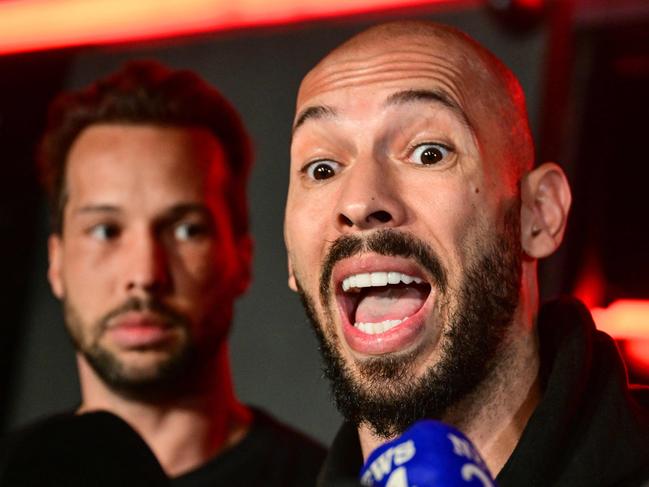
There has been consistent debate in recent years as to whether Gen Z (and, to some degree, its successor Gen Alpha – those born from 2010 onward) is the most progressive generation in history, or the most conservative.
The tilt to the right has been is believed to be heavily influenced by social media, where manosphere figures like Andrew Tate loom large.
Much has been made of the influence of Tate – one of, if not the main, misogynistic influences young men speak about, and whose harmful ideologies and phrases they regurgitate – is wreaking on their belief systems.
Adolescent mental health expert and psychologist Michael Carr-Gregg said the e61 data reflected what he’d observed among young men in his private practice.
“I sense that in the minds of some young men, traditional masculinity offers a clear and familiar script for what it means to be a man,” Dr Carr-Gregg told The Australian.
“And boys at the moment seem to be looking for a sense of belonging at a time they are feeling left behind by social changes.”
Dr Carr-Gregg also noted “the Andrew Tate factor”.
“I see (it) in some of my clients, young men seeing the progressive moment as threatening to them or devaluing their masculinity, and I think that has led to a backlash,” he said.
“A reversion to traditional gender roles may be seen by them as a way to reclaim a sense of power and a feeling of certainty.”
Donald Trump’s targeting and mobilisation of young men played a significant hand in his re-election as President of the United States in November. Albeit to a lesser extent, a growing body of research suggests the so-called “lad vote” will be reflected in our own impending federal election, as the political gap widens between young Australian men and women.
Recent data conducted by executive director of research firm Essential Media, Peter Lewis, found Australian men aged 35 and under seem to be drifting to the right at a swift pace in ways not seen before.
“We asked about the approval or disapproval of both leaders and young men were way outside the (average) in being positive towards Peter Dutton,” Mr Lewis told news.com.au.
“Way more so than older men, which are normally seen as his core constituents.”
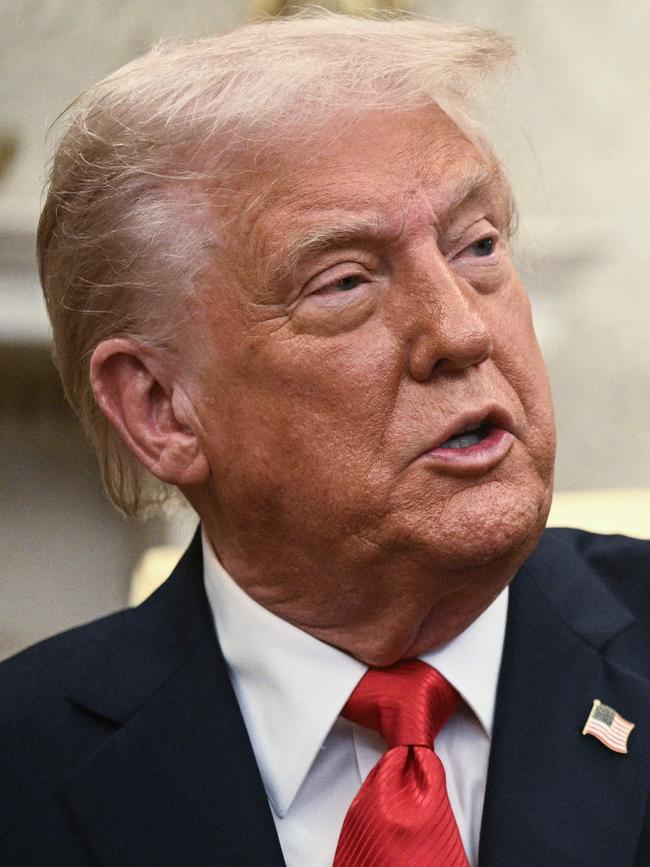
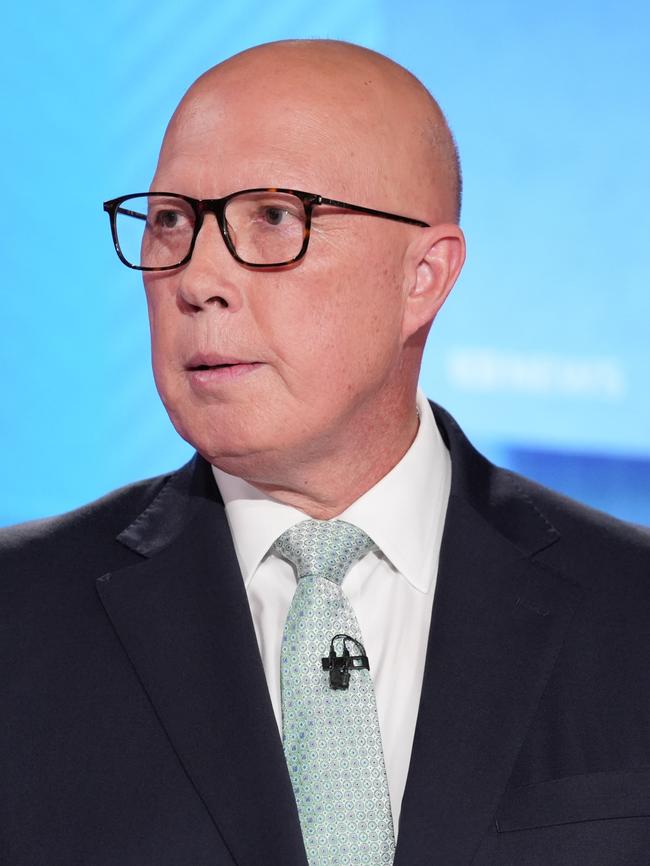
The former cop’s tough-talking approach, Mr Lewis said, appears to be cutting through, with polling indicative of young men’s receptiveness “to a more ‘masculine’ style of leadership”.
While polling can “tell you the what, but not the why”, the veteran pollster and respected political communications analyst has a theory.
“I think with many young men, there’s a sense they aren’t being seen in the public discourse as much,” he said.
“There’s a receptiveness to the Trump style of leadership. It may not even be around specific policies, but more how he leads.
“There’s a real cultural moment in the ‘manosphere’, which Trump has tapped into.”
More Coverage
Originally published as ‘Feeling left behind’: Young Australian men reverting to traditional view of gender roles




